Deck & Commander Strategies
Atali, Primal Conqueror
Atali aims to generate multiple combat damage triggers by casting and attacking with numerous small creatures or copies, often using recursion and token generators. The deck accelerates mana and draws cards through these triggers, aiming to chain spells and create infinite mana and spell casts to win by decking opponents or overwhelming them with damage.

Ghyrson Starn, Kelermorph
Ghyrson Starn focuses on graveyard interactions, ramp, and recursion. The deck often utilizes artifact mana and tutoring to assemble combos or powerful threats, aiming to outvalue opponents with resilient creatures and resource efficiency.

Kefka, Court Mage
Kefka uses discard and chaos effects, leveraging its ability to force opponents to discard while generating value from these disruptions. The deck looks to control the pace of the game with disruption and then finish with powerful spells or combos, often utilizing burn and artifact synergies.
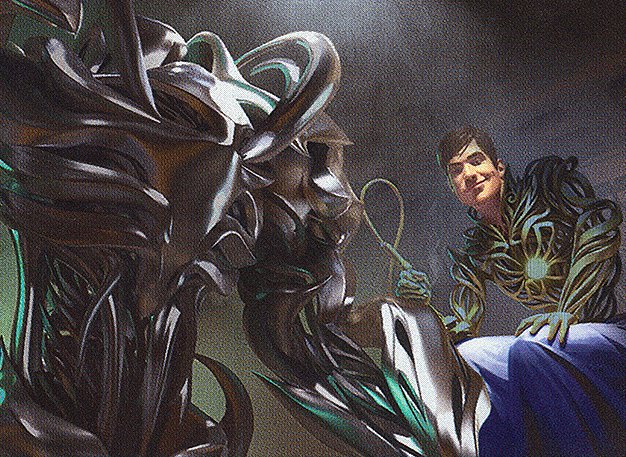
Silas Renn, Seeker Adept
Silas Renn focuses on artifact recursion and value engines. The deck attempts to control the board by recurring key artifacts and leveraging synergy to create powerful board states or combos for a quick or attrition-based win.
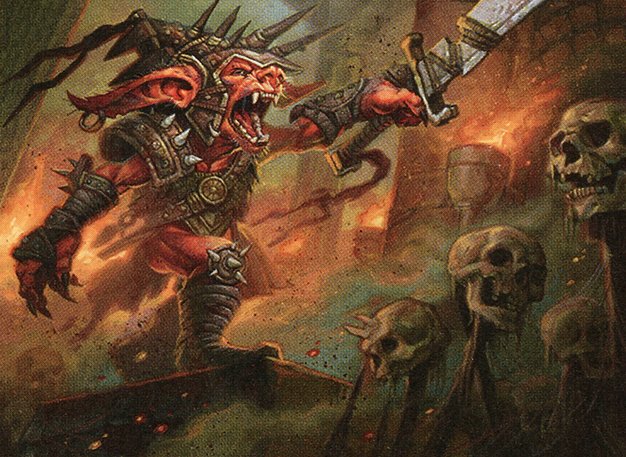
Rograkh, Son of Rohgahh
Rograkh is built around aggressive combat and dealing direct damage through creatures and spells. It utilizes mana acceleration and disruption to maintain pressure, aiming to win through combat damage and efficient resource use.
Gameplay Insights
- 1
Countering the Wheel of Fortune with Force of Negation prevented a devastating card advantage early in the game, stabilizing the board state momentarily.
- 2
Atali's multiple combat triggers combined with recursion from Hellkite Courser and Roaming Throne allowed for explosive turns that quickly outpaced opponents.
- 3
The use of Opposition Agent early in the second game significantly disrupted strategies reliant on tutoring, forcing players to adjust their plans.
- 4
Discarding key combo pieces to the graveyard and casting spells from there, such as Food Chain from the graveyard, was a crucial line that enabled infinite mana and loops.
- 5
Players carefully timed their interaction and disruption spells to prevent opponents from assembling combos, demonstrating the importance of sequencing in cEDH.
- 6
The synergy between artifact mana sources like Mox Diamond and ramp spells enabled fast starts and combo assembly, critical for the aggressive strategies seen.
Notable Cards
-
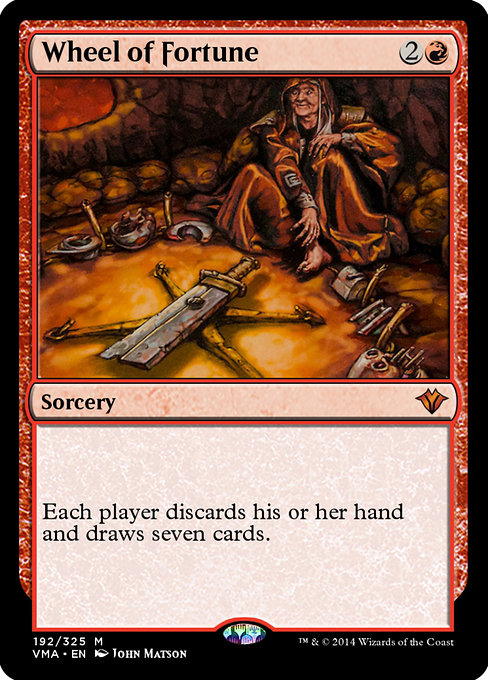
Wheel of Fortune
-

Force of Negation
-
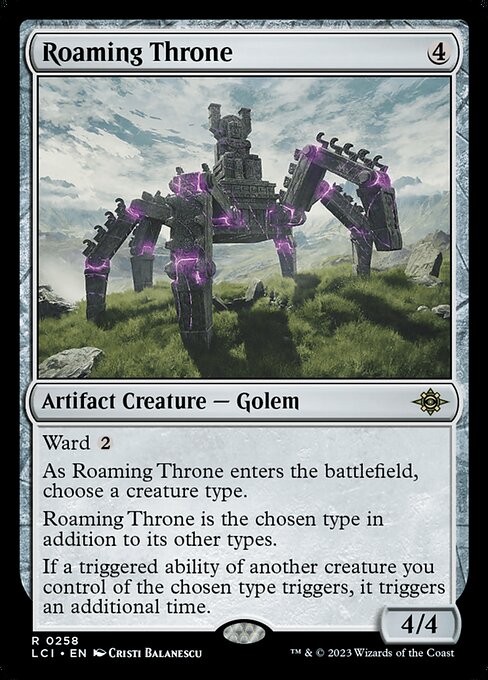
Roaming Throne
-

Hellkite Courser
-
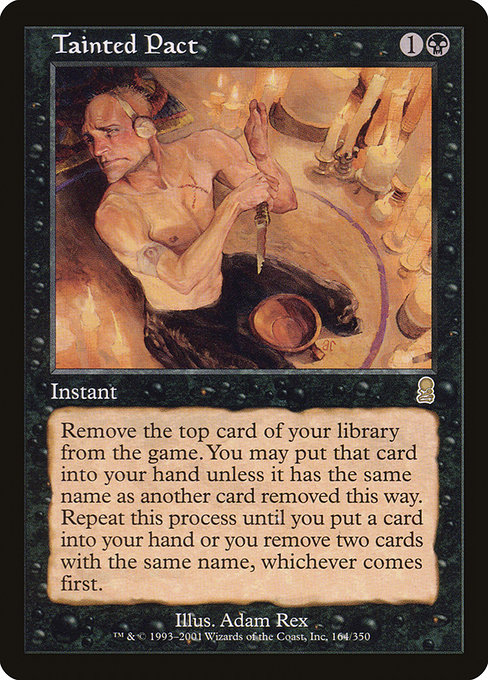
Tainted Pact
-

Food Chain
-
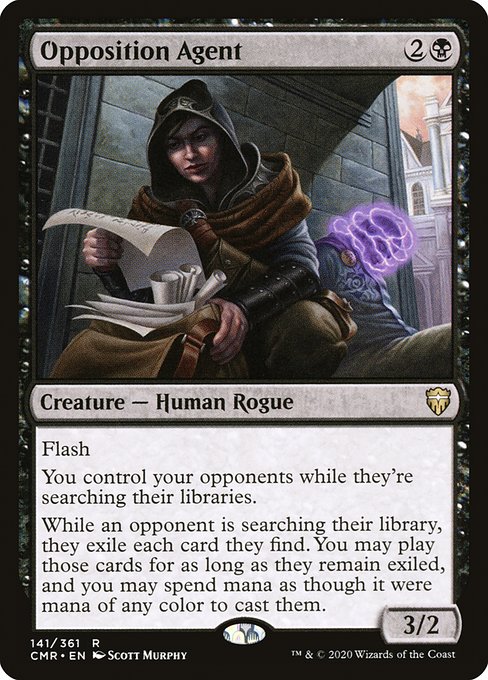
Opposition Agent
-
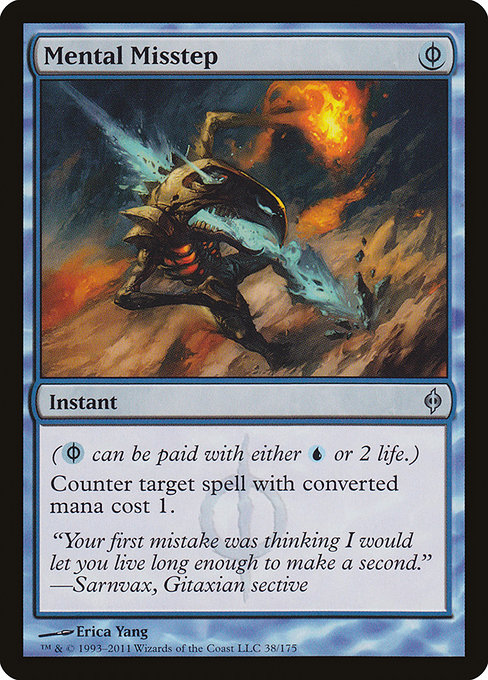
Mental Misstep
-
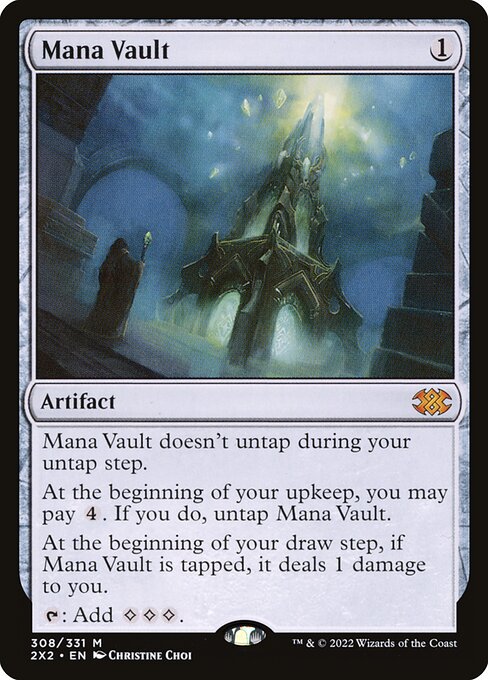
Mana Vault
-
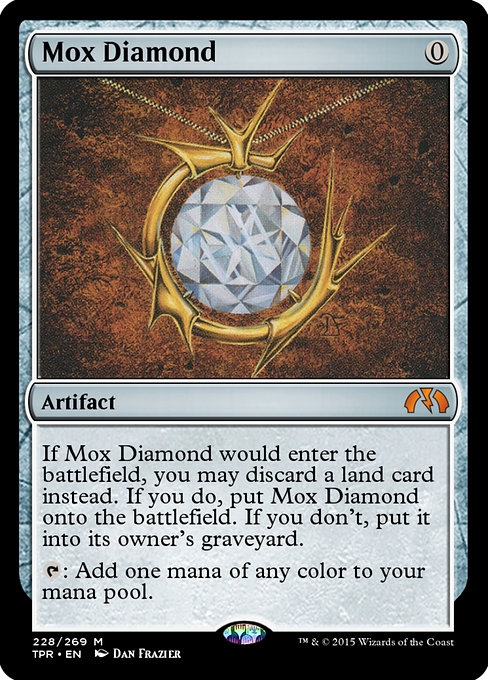
Mox Diamond
-
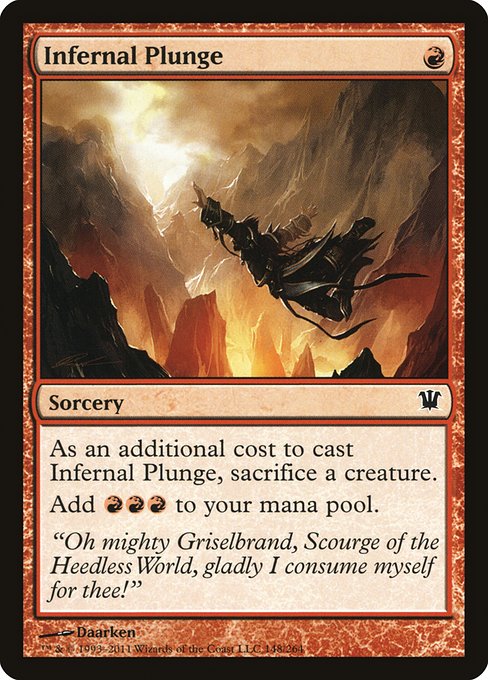
Infernal Plunge
-
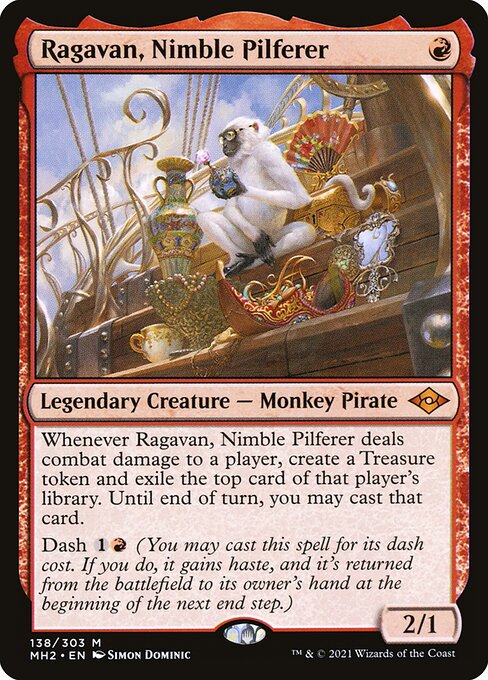
Ragavan, Nimble Pilferer
Gameplay Summary
The game opened with a dynamic and tense early game as players established their boards and executed key spells.
One notable moment came early when a wheel of fortune was cast but countered by a Force of Negation, preventing a massive card advantage that could have snowballed the game.
The Atali deck demonstrated incredible power through multiple Atali triggers, leveraging cards like Roaming Throne and Hellkite Courser to generate multiple combat triggers and rapidly close out the game with infinite mana and spells, ultimately decking opponents out.
The game ended quickly due to Atali’s overwhelming board presence and spell-casting capabilities. In the second game, the board state became more interactive with players deploying disruption such as Opposition Agent and Vexing Shusher to hamper opponents' plans.
The presence of these disruptive creatures created a more cautious and defensive game state, with players wary of enabling others' combos.
Despite this, the Kefka deck worked to develop its board with key plays like casting Kefka itself while navigating through discard and disruption.
The game saw strategic plays revolving around resource denial and protection, showcasing the high-stakes chess match characteristic of cEDH.












































